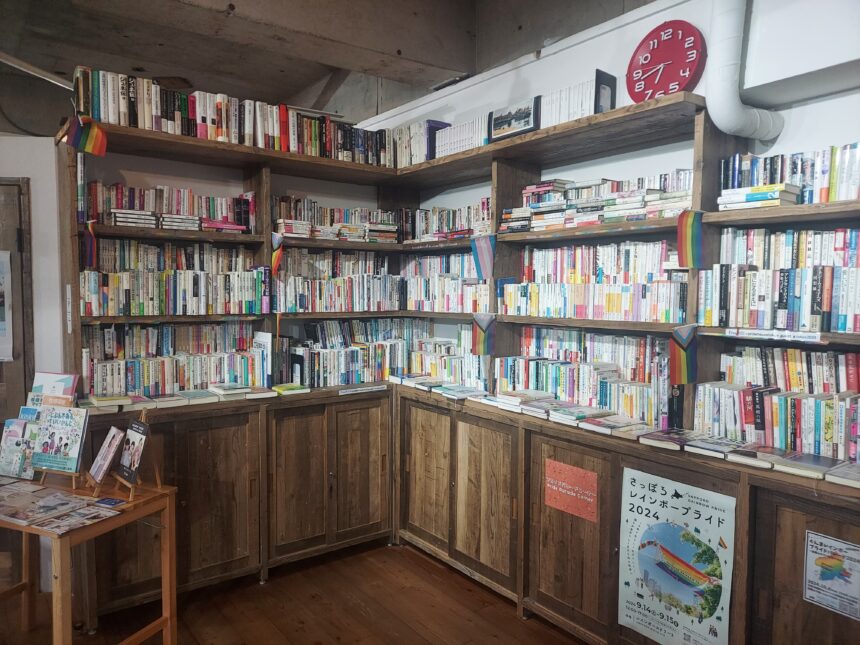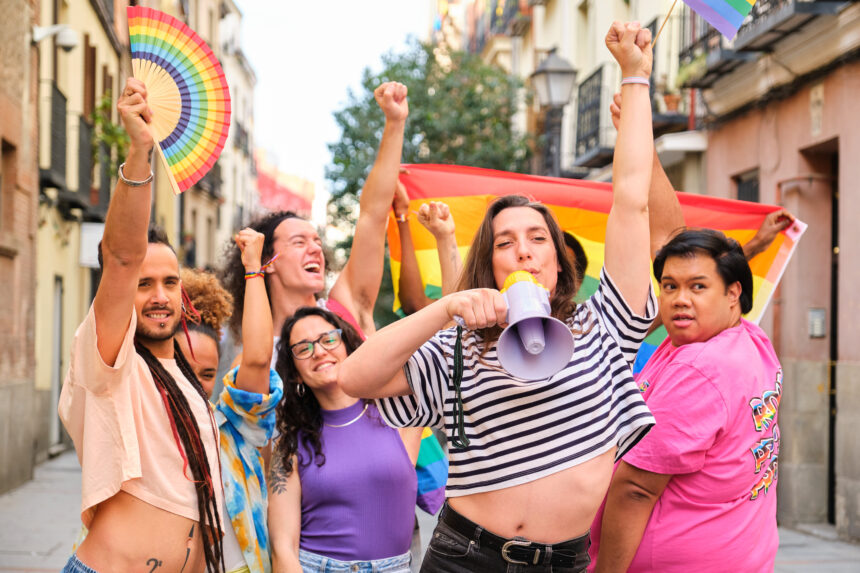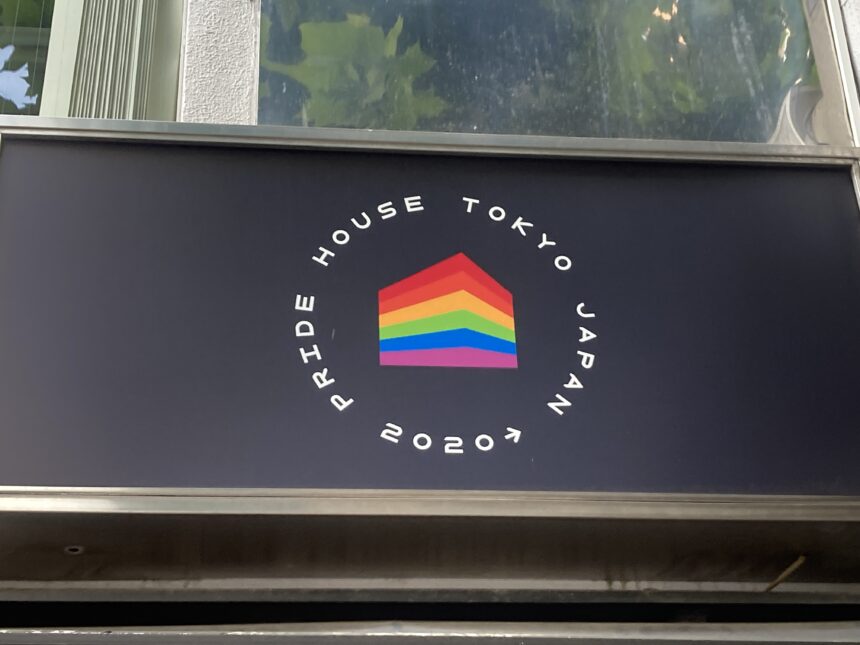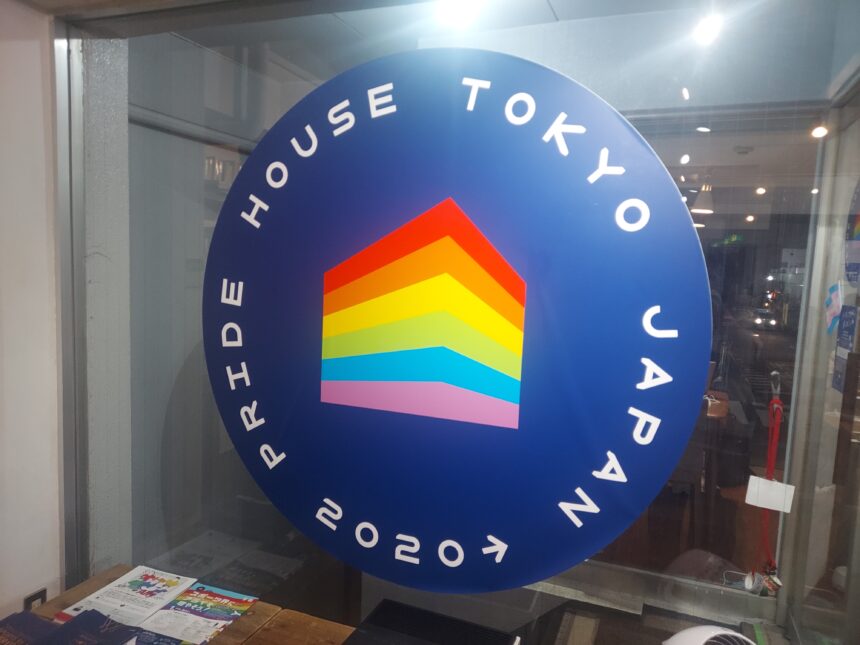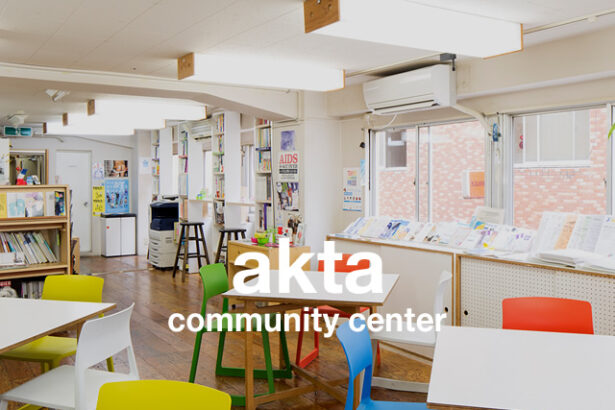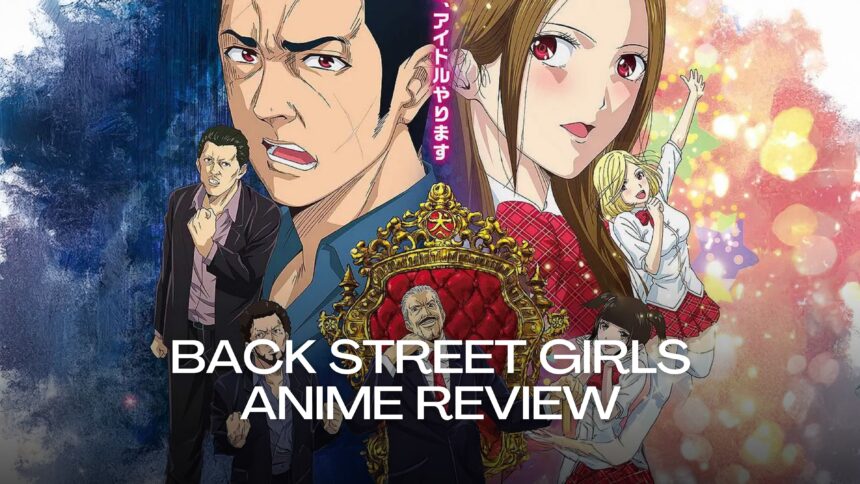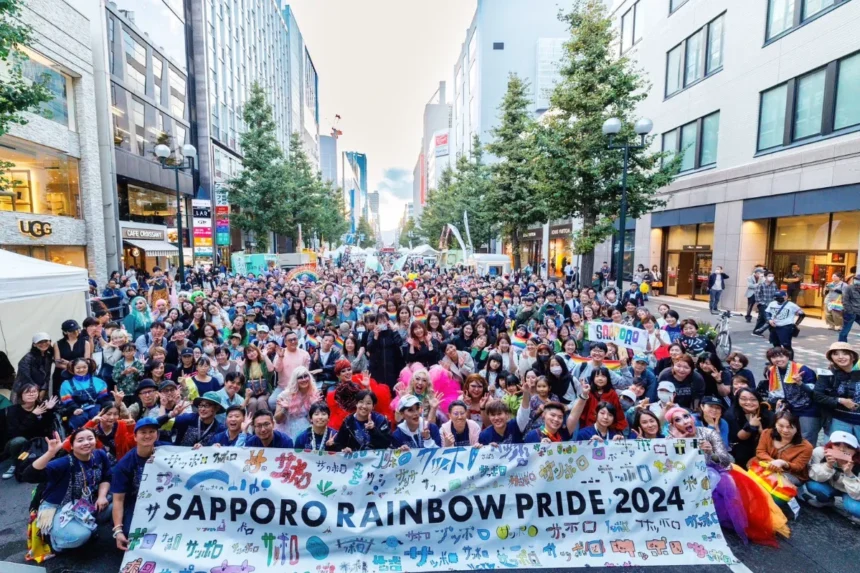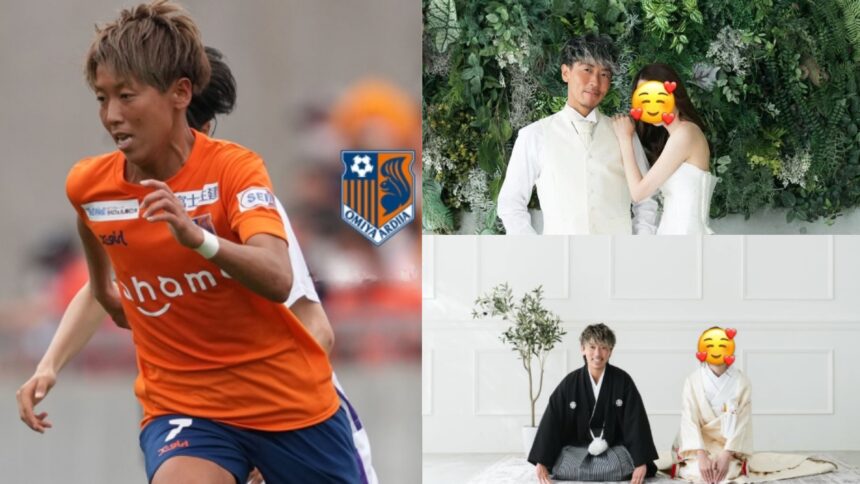LGBTQ+ Pride in Tokyo has been a thriving, inclusive movement for decades. Beginning in full force in the 1990s, and continuing to this day, there are now a multitude of ways to show pride in your gender and sexual identity in Tokyo.
Tokyo Pride is not only expressed through pride parades and festivals, but also through a variety of LGBTQ+ outreach centers in the city, focusing on queer advocacy and education.
In this article, I’ll introduce a few institutions integral to the pride movement in Tokyo, explain the state of LGBTQ+ pride and advocacy today, and give you some more information about LGBTQ+ outreach centers in the city.
Cornerstones of Pride in Tokyo
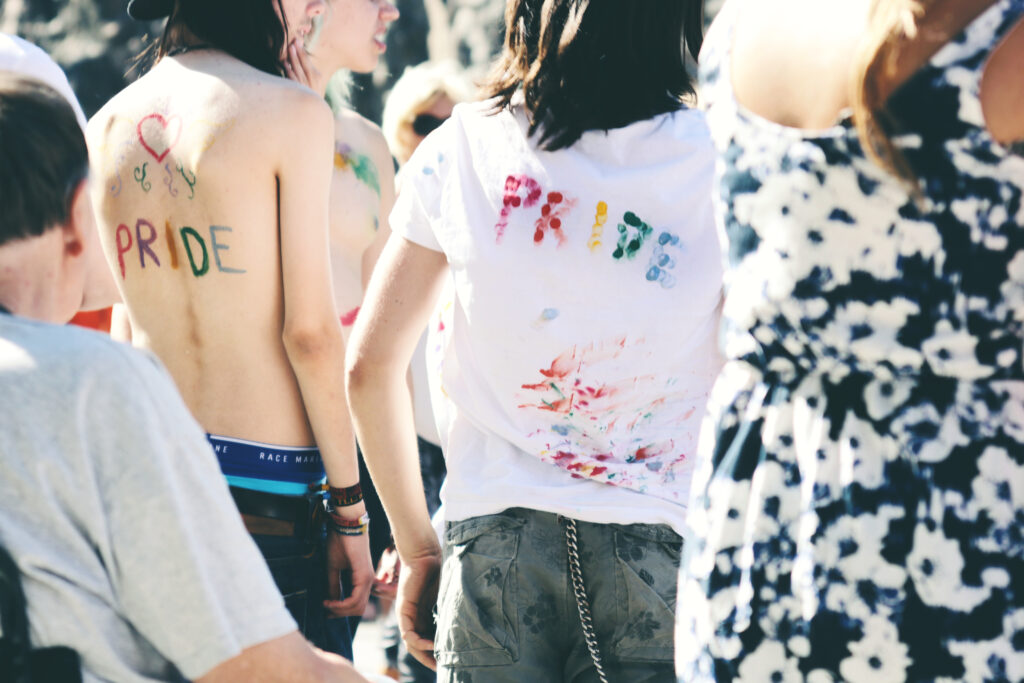
The following two annual events are both long-established celebrations of Tokyo pride. Both have been running for decades, and are worth checking out every year.
Tokyo’s pride movement started gaining mainstream attention with the city’s first pride parade in 1994. The nascent parade attracted over 1,000 people on its first iteration. It would come to be known as Tokyo Pride, and is held every April to this day, having recently celebrated its 30th anniversary. These days, the event isn’t only a parade, but is a week-long festival that features queer performers and guest speakers related to LGBTQ+ advocacy.
Another long-standing pride event in Tokyo is Rainbow Reel Tokyo, the city’s renowned LGBTQ+ film festival that’s held every year in July, starting way back in 1992! Previously known as Tokyo International Lesbian & Gay Film Festival, RRT changed its name to be more inclusive in 2016. As implied by its previous name, the festival is not only open to Japanese entries, but to anyone around the world who wants to submit their LGBTQ+ themed film.
If you want to know more about Tokyo’s pride history, check the article below!
The Current State of Tokyo Pride
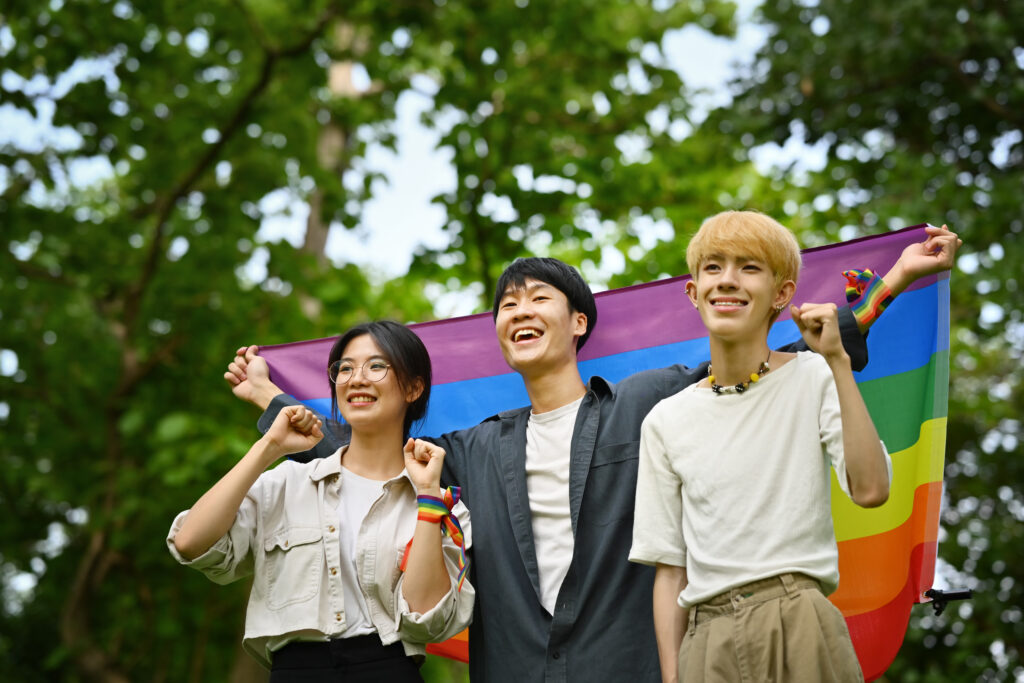
Since the early ‘90s, pride and advocacy in Tokyo has grown quite a bit. Identifying as gay or lesbian is more common than it was, and LGBTQ+ issues are much more widely understood, especially in Japan’s big cities.
However, there is still a long way to go when it comes to marriage equality. Same sex marriage is still illegal throughout Japan, even in more progressive cities like Tokyo and Osaka. However, in 2021, 12 Tokyo wards agreed to mutually recognize certificates of partnership issued by other participating wards to same sex couples. Even so, this form of partnership is not considered an actual marriage, and is not recognized outside of these Tokyo municipalities.
The major shift that has happened over the years is really a cultural one. LGBTQ+ manga such as the Boys’ Love genre, and TV shows such as Ossan’s Love are more popular now than they were 30 years ago. Also, Tokyo’s gay district, Shinjuku Nichome, is now a recommended tourist site for visitors to the city.
There is still a whole lot of progress to be made, and a Japanese government averse to change is not helping the issue. But the people of Japan have a much more diverse range of opinions, and a majority support marriage equality. It’s clear that the opportunity for change is in the hands of Tokyo’s queer community and its allies.
Learn more about Tokyo Pride!
Pride House Tokyo Legacy
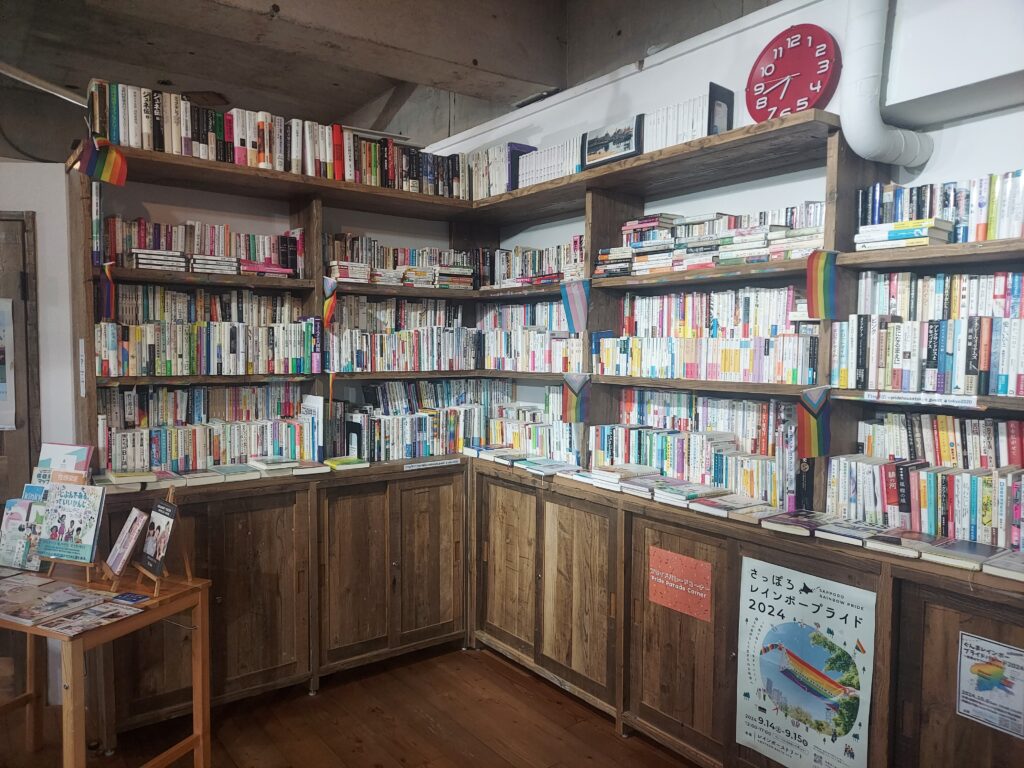
Recently, I visited Pride House Tokyo Legacy, an LGBTQ+ community center focused on queer advocacy that’s open to anyone who wants to check it out. When I learned more about the center, I was amazed at the sheer number of programs and resources available. From a community study space open to anyone, to a small cafe where you can get your first drink free, to monthly events that cater to various people such as a Trans Day, a Deaf Day, and a Grief Care Meeting, the amount of time and effort put into making this center into a welcoming space is clear.
A member of the staff, Kikumi-san, kindly showed me around the center. Apart from the features mentioned before, she also showed me the extensive library that’s available there. All around the space are bookshelves with hundreds of books about queer topics written in Japanese and English.
Kikumi-san also speaks four different languages: Japanese, English, Chinese and Korean, making the space more easily accessible to a wider range of people. She told me that the center is always looking for more patrons to commit to a monthly donation, so that it can hire an English speaking professional counselor to work alongside the Japanese speaking one already working at the center. Since counseling is another vital service that Pride House Tokyo Legacy provides, making such resources more accessible is another worthwhile endeavor.
Details of Pride House Tokyo
Japanese Name: プライドハウス東京レガシー
Address: 〒160-0022 Tokyo, Shinjuku City, Shinjuku, 1−2−9 JF新宿御苑ビル 2階
Socials:
Instagram – https://www.instagram.com/PrideHouseTokyo/
X – https://x.com/pridehousetokyo
Facebook – https://www.facebook.com/PrideHouseTokyo/?locale=ja_JP
Website: https://pridehouse.jp/en/
Hours: Monday, Tuesday, Friday, Saturday, Sunday, 1pm – 7pm
More info on Tokyo Pride House in this article.
akta
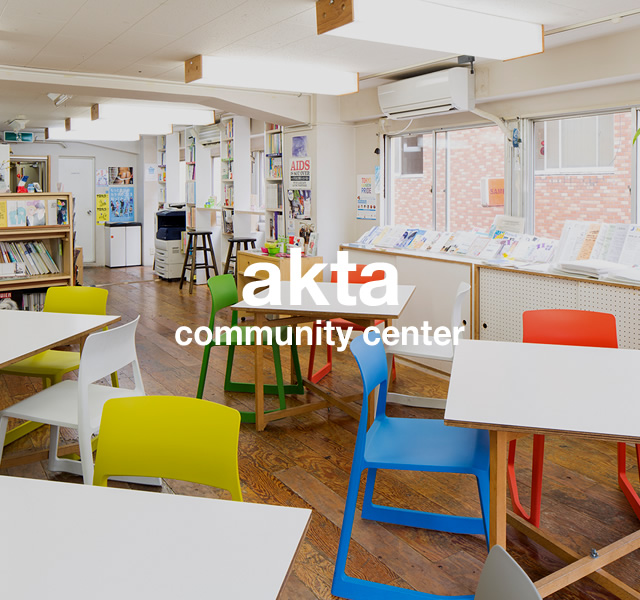
Another LGBTQ+ community center located roughly ten minutes from Pride House Tokyo Legacy by foot is akta, a center focusing mostly on education around sexual health and preventing the spread of HIV. They offer a wealth of services such as an open community space, a multilingual informational guide about HIV/AIDS on their website, a monthly pop-up cafe, and free condom delivery to various businesses in Shinjuku Nichome on a weekly basis.
akta also occasionally hosts queer art shows at its space. Look at the monthly calendar of events on their website to find out more about what might interest you!
Details of Akta
Japanese Name: コミュニティセンターakta
Address: 〒160-0022 Tokyo, Shinjuku City, Shinjuku, 2−15−13 第2 中江ビル 301
Socials:
Instagram – https://www.instagram.com/akta_gallery/?hl=en
X – https://x.com/akta_info?lang=en
Facebook – https://www.facebook.com/CommunityCenterAkta/
Website: https://akta.jp
Hours: Thursday, Friday, Saturday, Sunday, 3pm – 9pm
Reflecting on Tokyo Pride and Advocacy
It’s clear that LGBTQ+ pride in Tokyo is not only reflected through parades and festivals, but also via educational community centers such as Pride House Tokyo Legacy and akta. In truth, it takes both frameworks to create a robust network of support for queer individuals in Tokyo. Both celebratory and informative outlets are needed to build a strong community here.
Hopefully, some of the events and services mentioned in this article are of interest to you. Since some only happen once a year, it’s good to know about them beforehand so you can prepare in advance. When it comes to others such as the community centers, it’s comforting to know that they are almost always open, and that you can go to them for support whenever you need it.
Either way, becoming a part of Tokyo’s LGBTQ+ community takes time, effort and some research. Hopefully what you read today will help you get halfway there!
